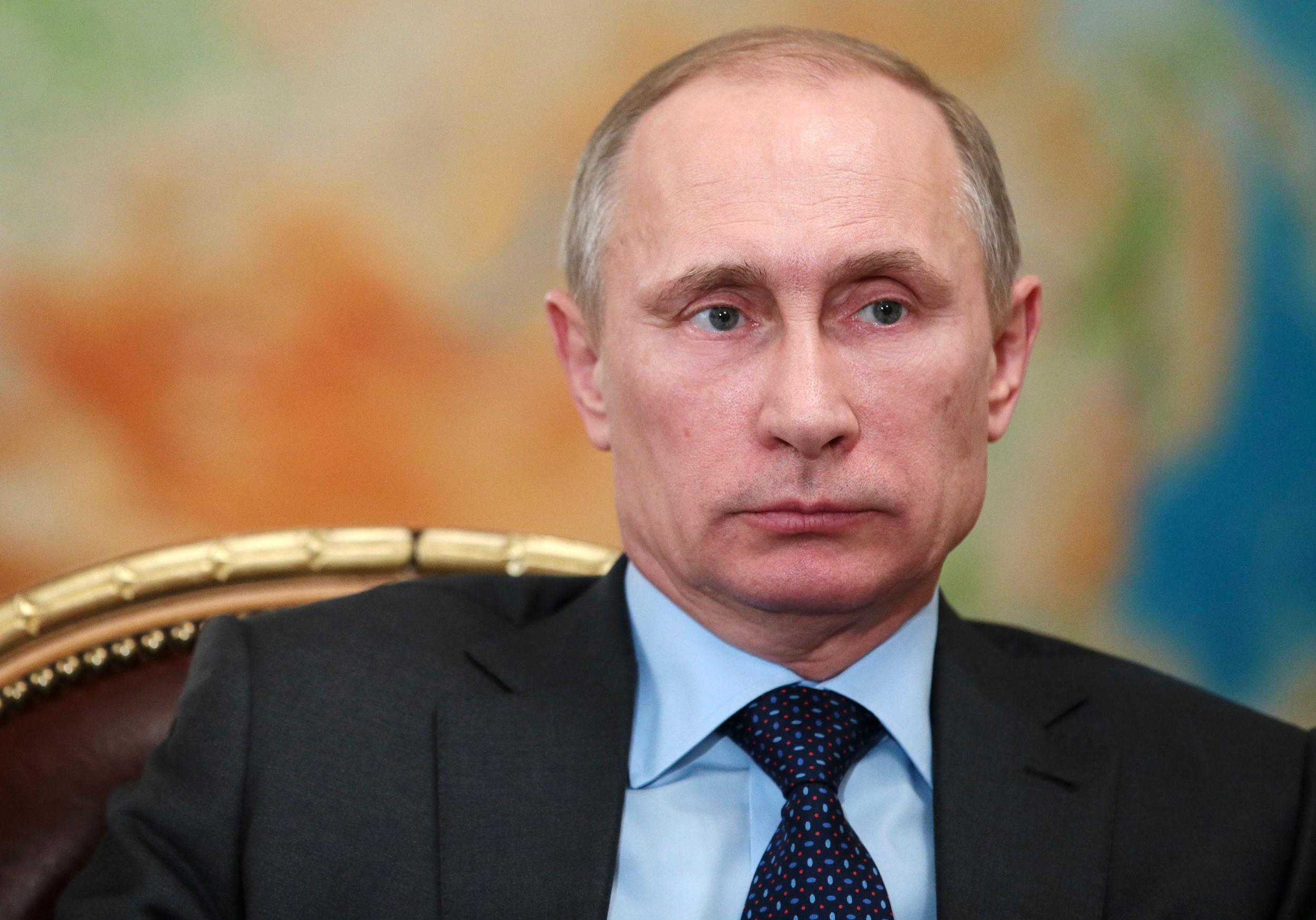What started the new Cold War? According to the State Department, it was Russia’s illegal violation of Ukraine’s sovereign borders. The Kremlin, for its part, insists it was a U.S.-facilitated coup in Ukraine which destroyed the constitutional order there, causing chaos and dangers to Russian security to which Russia had no choice but to respond.
According to academic foreign policy “realists,” the cause was the imminent threat of Ukraine’s integration into an ever-expanding military pact dominated by the United States. According to George Friedman, president of Statfor, the private strategic intelligence firm, the Ukraine crisis itself is more effect than cause: the conflict started in 2013 when the United States decided Russia’s increasing power was becoming a threat.
And according to Kiev, Russian President Vladimir Putin created the whole crisis. He invented the threat of Ukrainian so-called “fascism” and was motivated throughout by a combination of imperial ambition coupled with a fear of democracy.
It is not my present goal to try to adjudicate among the above claims. Despite their obvious differences, they also all share a common trait: none provide any clear direction for how to get out of this mess. It’s time to approach it from a completely different angle.
—
When the first Cold War ended, Francis Fukuyama explained, more in sadness than in triumph, that the United States’ model of liberal democratic capitalism had won and that this was why “history” – the struggle to find the correct answer to the political question regarding the optimal form of society – had ended.

